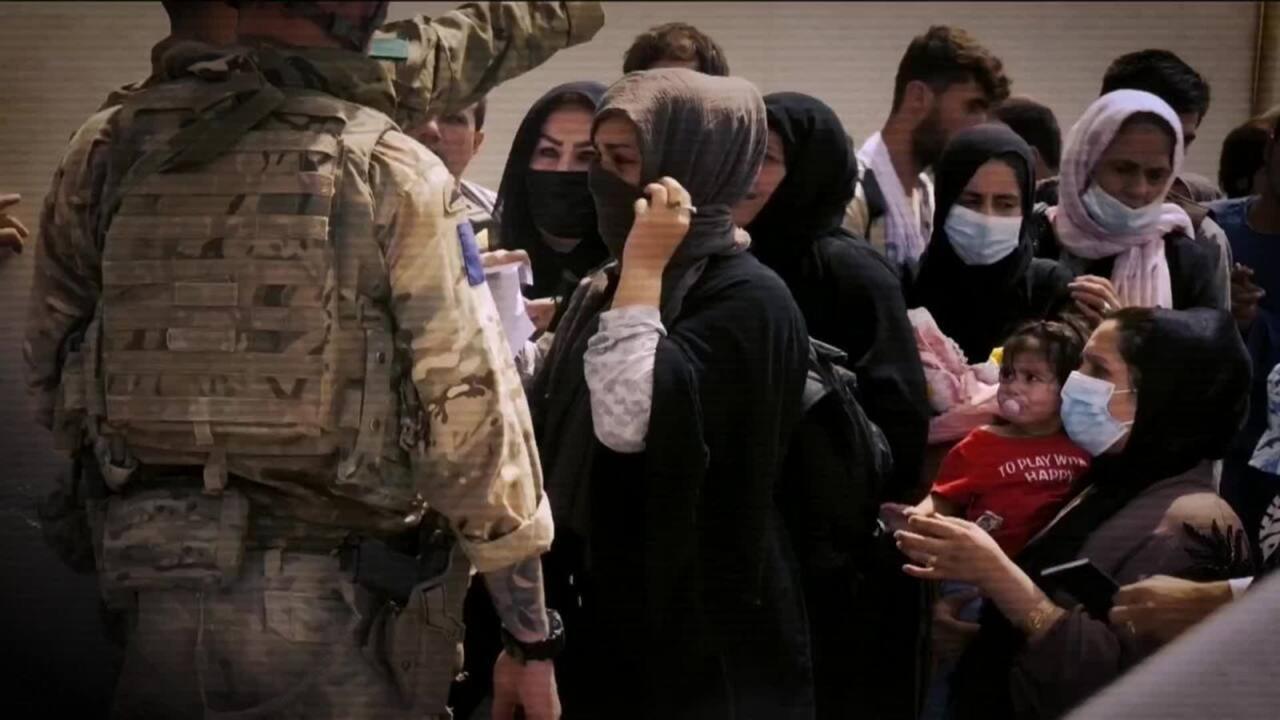Imagine risking your life for a cause you believe in, only to be left behind when the dust settles. This is the harsh reality many Afghan translators faced after the US withdrawal from Afghanistan. They were the unsung heroes who helped American troops navigate the complexities of a foreign land, often putting themselves in harm’s way.
But when the US left, some were left to fend for themselves, facing danger and uncertainty. Were these translators heroes or traitors? Or were they simply pawns in a game they never chose to play?
The story of the Afghan translators is a complex one, woven with threads of bravery, betrayal, and the messy reality of war. It’s a story that raises serious questions about the ethical obligations of a superpower towards those who risked their lives in its service.
The Afghan Translator’s Role in the War
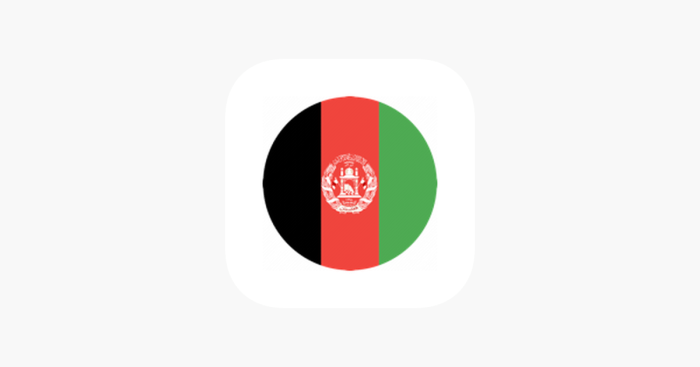
The Afghan translators played a crucial role in the war in Afghanistan, acting as a bridge between American forces and the local population. They were essential for communication, intelligence gathering, and cultural understanding. However, their service came with immense risks and often placed them in a precarious position, making them targets for both sides of the conflict.
The Various Roles of Afghan Translators
Translators were indispensable to the success of American military operations in Afghanistan. They served in a variety of roles, including:
- Interpreters:Translators facilitated communication between American soldiers and Afghan civilians, local officials, and insurgents. This role was critical for conducting operations, gathering intelligence, and building relationships with the local population.
- Cultural Advisors:Translators provided valuable insights into Afghan culture, customs, and social dynamics. This knowledge helped American forces navigate complex social situations, understand local perspectives, and build trust with the Afghan people.
- Intelligence Analysts:Translators often helped gather and analyze intelligence, translating documents, intercepted communications, and providing insights into the activities of insurgent groups.
- Liaisons:Translators acted as intermediaries between American forces and local communities, fostering communication and building relationships.
Challenges and Risks Faced by Translators
The work of Afghan translators was fraught with danger and uncertainty. They faced threats from both sides of the conflict:
- Threats from the Taliban:The Taliban viewed translators as collaborators with the American forces and targeted them for assassination, kidnapping, and intimidation.
- Threats from the Afghan Government:Some Afghan government officials viewed translators with suspicion, accusing them of being spies or informants.
- Threats from Within the American Military:Some American soldiers and officers mistrusted translators, viewing them as potential threats or unreliable sources of information.
Examples of Specific Instances Where Translators Faced Danger or Betrayal
The dangers faced by Afghan translators were very real. Many translators were killed, kidnapped, or threatened for their work.
- The Case of Ahmad:Ahmad, an Afghan translator, was kidnapped by the Taliban in 2011. He was held captive for several months and tortured before being released. After his release, Ahmad faced ongoing threats and was forced to flee Afghanistan.
- The Case of Abdul:Abdul, another Afghan translator, was killed by a roadside bomb in 2012. Abdul had been working with American forces for several years and was known for his courage and dedication. His death highlighted the dangers faced by translators on a daily basis.
- The Case of Ali:Ali, an Afghan translator, was betrayed by an American soldier in 2014. The soldier, who had worked closely with Ali for several months, turned him over to the Taliban. Ali was later killed by the Taliban.
The Evacuation and its Aftermath
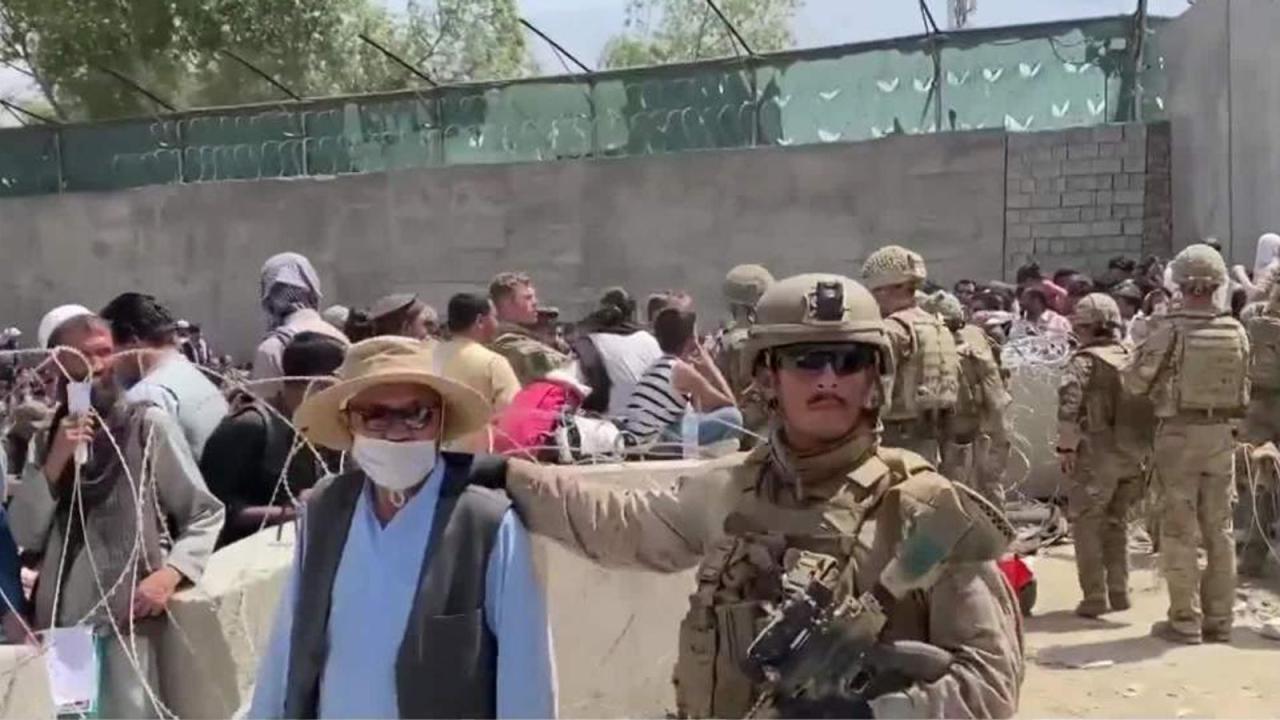
The chaotic evacuation of Kabul in August 2021, following the Taliban’s takeover of Afghanistan, left many Afghan translators and their families in a desperate scramble for safety. This evacuation, often described as a “last-minute scramble” or “haphazard escape,” became a defining moment for those who had risked their lives working with the US military and government.
Yo, the Afghan translator situation is a total mind-bender, right? Is he a hero for helping us, or a traitor for siding with the Taliban? It’s a tough one, but you can dive deeper into this complex issue by checking out this podcast, Download And Listen Here , where they break down the whole story and explore all the angles.
It’s a wild ride, man, and you’ll be left with a lot to think about when it’s over.
The Experiences of Afghan Translators During the Evacuation
The evacuation was a harrowing experience for many translators, marked by fear, uncertainty, and the constant threat of violence. Many translators found themselves caught in the middle of a chaotic scene at Kabul airport, facing large crowds, security threats, and the fear of being left behind.
The desperate scenes at the airport, with people clinging to planes, underscored the urgency and danger of the situation.
“The scene was chaotic, and people were desperate. It was clear that the Taliban was in control, and many of us feared for our lives.”
An Afghan translator who was evacuated.
- Fear and Uncertainty:The translators faced constant fear of retaliation from the Taliban for their work with the US forces. This fear was heightened by the Taliban’s history of violence against those who had collaborated with foreign powers. The uncertainty of their future added to their anxiety, as they didn’t know if they would be able to escape or what would happen to them if they were left behind.
- Security Threats:The situation at the airport was fraught with danger. The crowds were massive, and there were reports of violence and stampedes. The translators were vulnerable to threats from both the Taliban and the crowds. Many translators described feeling trapped and helpless in the midst of the chaos.
- Difficulty in Reaching the Airport:The roads leading to the airport were blocked, and the Taliban checkpoints were heavily guarded. Many translators had to navigate dangerous routes to reach the airport, risking their lives to escape. Some translators were even forced to bribe their way through checkpoints to reach safety.
The Ethical and Moral Considerations
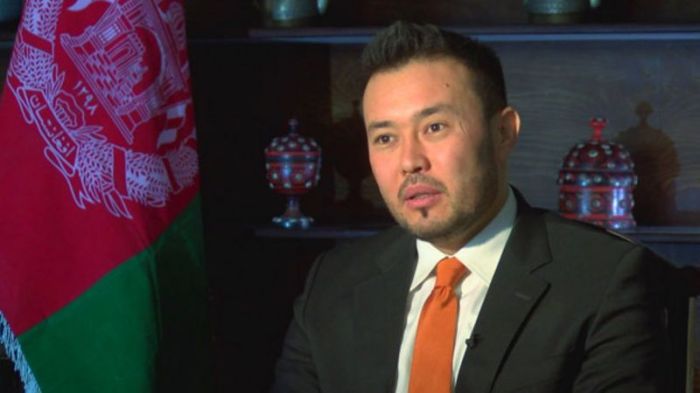
The reliance on Afghan translators by the US government raises complex ethical and moral questions, particularly in light of the translators’ contributions and the risks they faced. Examining the US government’s obligations towards these individuals is crucial, especially considering the circumstances surrounding their service and the aftermath of the withdrawal.
The Ethical Implications of US Government Reliance on Afghan Translators
The US government’s reliance on Afghan translators presents a number of ethical dilemmas. Translators often worked in dangerous environments, putting themselves at risk of retaliation from hostile forces. The US government’s use of these translators, while acknowledging their critical role in military operations, raised questions about the ethical implications of utilizing local individuals in a conflict zone.
The whole “Afghan Translator: Hero or Traitor?” debate is a real head-scratcher, man. Like, it’s totally a situation where you gotta think outside the box. Maybe we should check out El gran libro de los arquetipos de músicos (Spanish Edition) to see if there’s a musical archetype that fits this whole situation.
I mean, we’re all about finding those hidden meanings, right? So, yeah, Afghan Translators – heroes or traitors? It’s a tough call, but maybe the answer is somewhere in the music.
The Moral Obligations of the US Government to Translators
The US government has a moral obligation to protect and support those who risked their lives for American forces. The translators, many of whom served for years, often faced threats to their safety and the well-being of their families.
The US government’s commitment to their safety and well-being is a matter of ethical responsibility and national honor.
Arguments for and Against Granting Special Immigration Status to Afghan Translators
The debate over granting special immigration status to Afghan translators centers on the balance between security concerns and the moral obligation to protect those who served alongside US forces.
It’s a tough question, man. Was the Afghan translator a hero for helping us or a traitor for siding with the enemy? It’s like that old debate about whether Judas was a hero or a villain. But hey, at least we can all agree that the new book, Swing of the Blade: More Stories from Metal Blade Records , is a total headbanger.
It’s got all the heavy metal history you could ever want, and it’s a total blast from the past. Just like those tough questions about the Afghan translator, it’s a reminder that sometimes, the lines between good and evil are totally blurred.
- Arguments in favor of granting special immigration status:Proponents argue that translators risked their lives for the US, and that they deserve special consideration due to their loyalty and service. They highlight the potential for retaliation against translators and their families if they remain in Afghanistan.
- Arguments against granting special immigration status:Opponents argue that granting special immigration status could pose security risks, as it could potentially allow individuals with ties to extremist groups to enter the US. They also raise concerns about the potential for abuse of the system and the potential for overwhelming US resources.
The Afghan Translator situation is a total rollercoaster, man. You got folks calling them heroes, others saying they’re traitors. It’s all a bit much, you know? Like, trying to figure out the best way to drape your shape when you’re not sure if you’re rocking a vintage tee or a full-on power suit.
Whatever the case, it’s a situation that’s definitely got us all thinking hard about what’s right and wrong, and where we stand on the whole thing.
The ethical and moral considerations surrounding the US government’s reliance on Afghan translators are complex and multifaceted. Weighing the arguments for and against special immigration status requires a careful assessment of the potential benefits and risks.
Conclusion
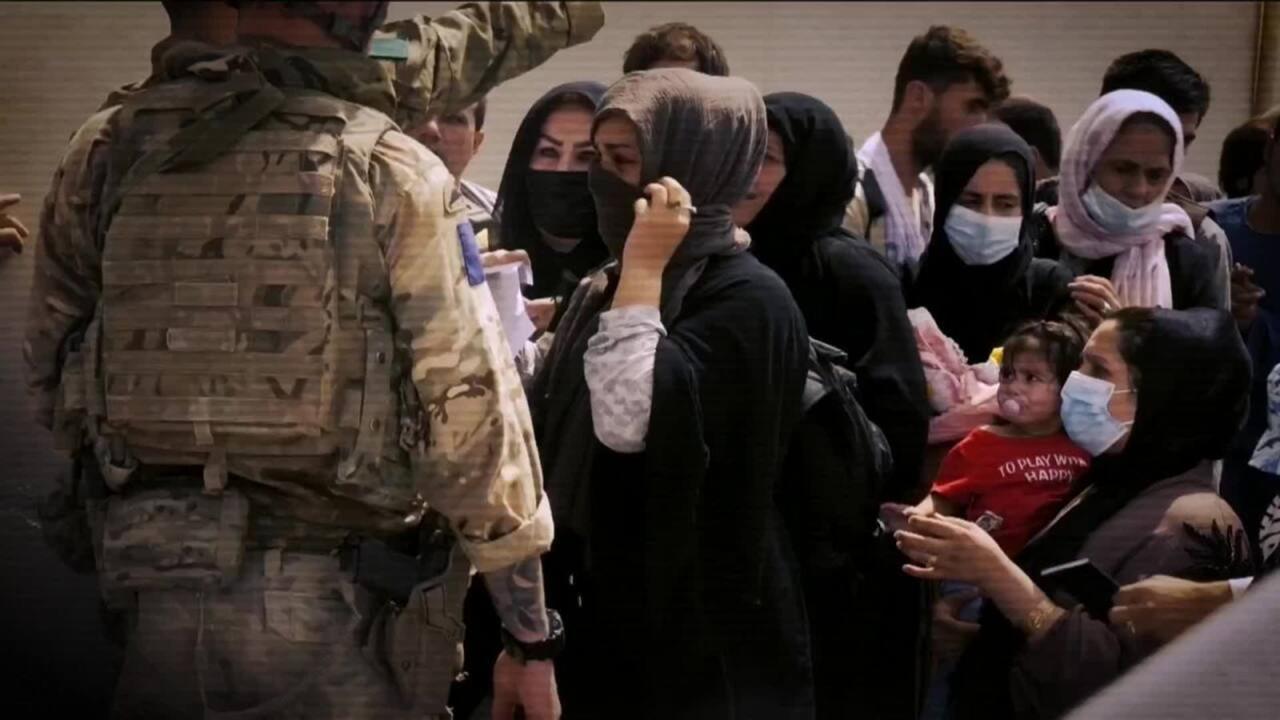
The legacy of the Afghan translators remains a powerful reminder of the human cost of war and the complex ethical dilemmas it presents. Their stories serve as a powerful call to action, urging us to reflect on our responsibilities towards those who risk their lives for our nation’s cause.
As we move forward, we must grapple with the question of how to honor their sacrifices and ensure that their contributions are not forgotten.
FAQ
What were the primary roles of Afghan translators during the war?
Afghan translators played a variety of roles, including language interpretation, cultural mediation, and even acting as guides for US troops. They were essential for communication and understanding the local landscape.
Why were Afghan translators considered “heroes”?
Afghan translators risked their lives to help American forces, often facing threats from both sides of the conflict. They demonstrated incredible bravery and loyalty, putting their lives on the line for a cause they believed in.
Why were some Afghan translators left behind during the evacuation?
The evacuation of Kabul was chaotic and overwhelming. Many translators were unable to secure spots on evacuation flights, and the US government was criticized for its handling of the situation.
What are the arguments for granting special immigration status to Afghan translators?
Advocates argue that translators deserve special immigration status due to their service to the US and the risks they faced. They also point to the danger they would face if they were left in Afghanistan.

